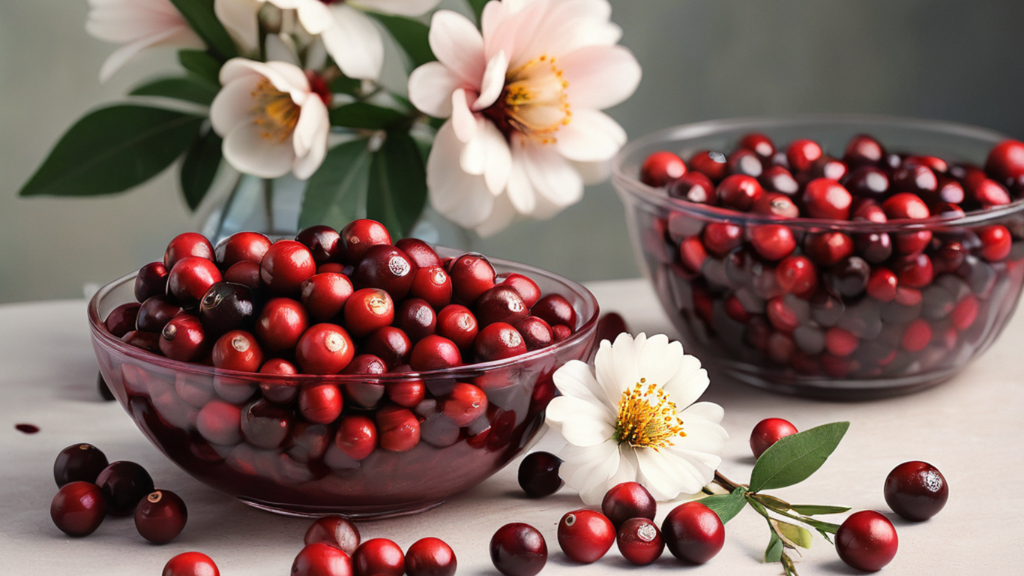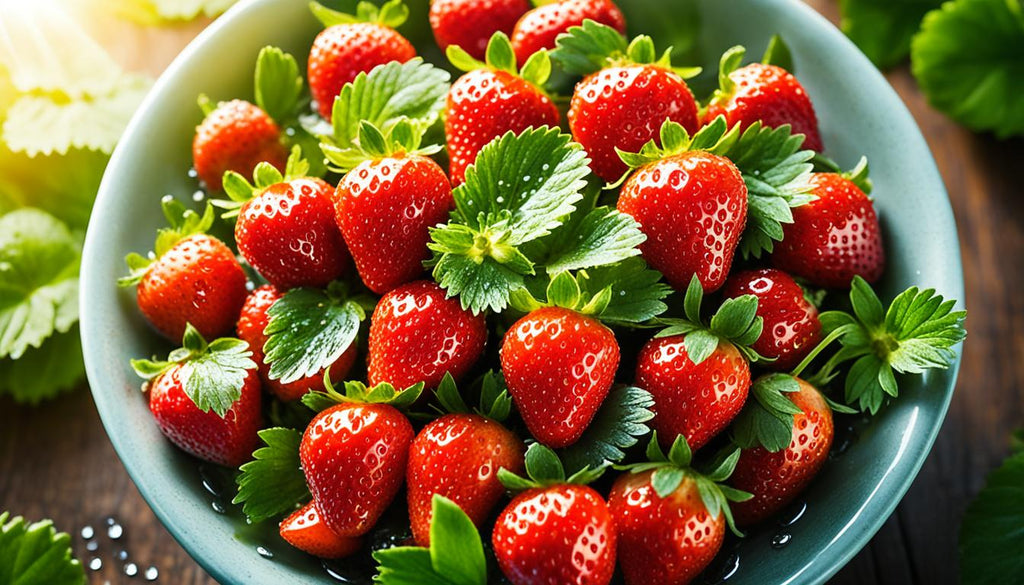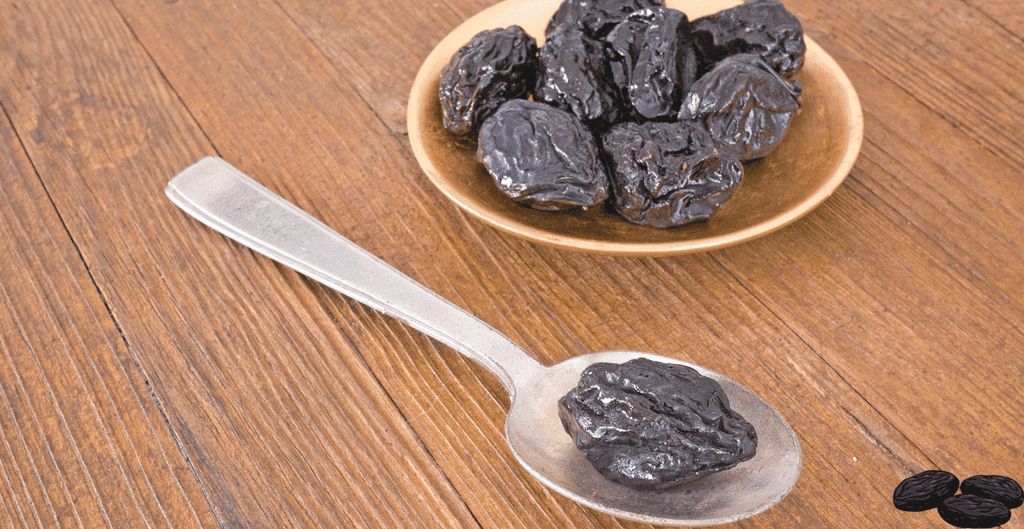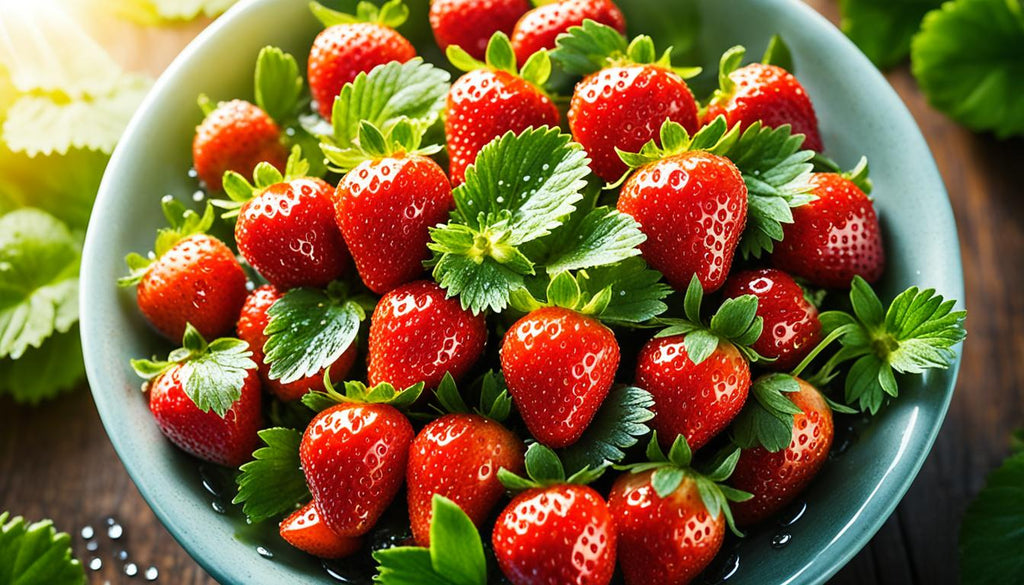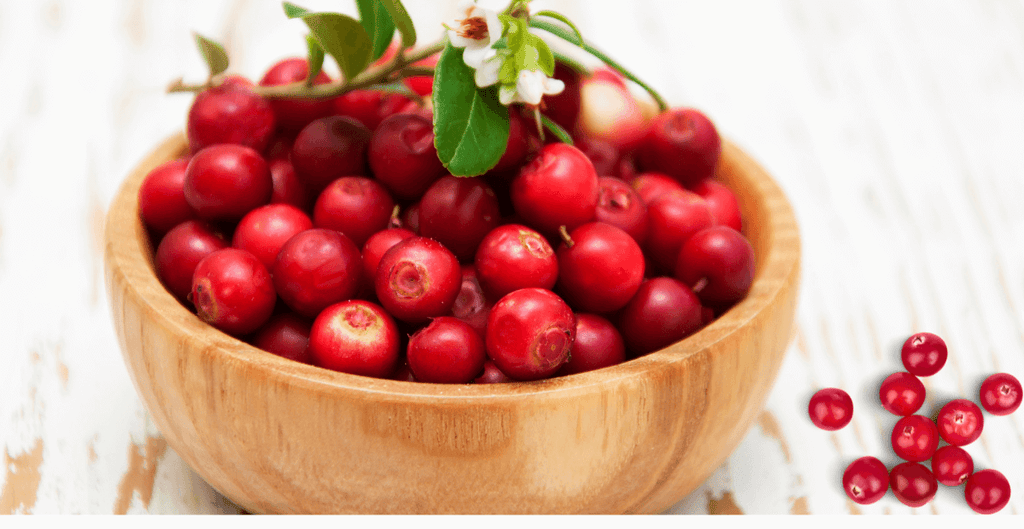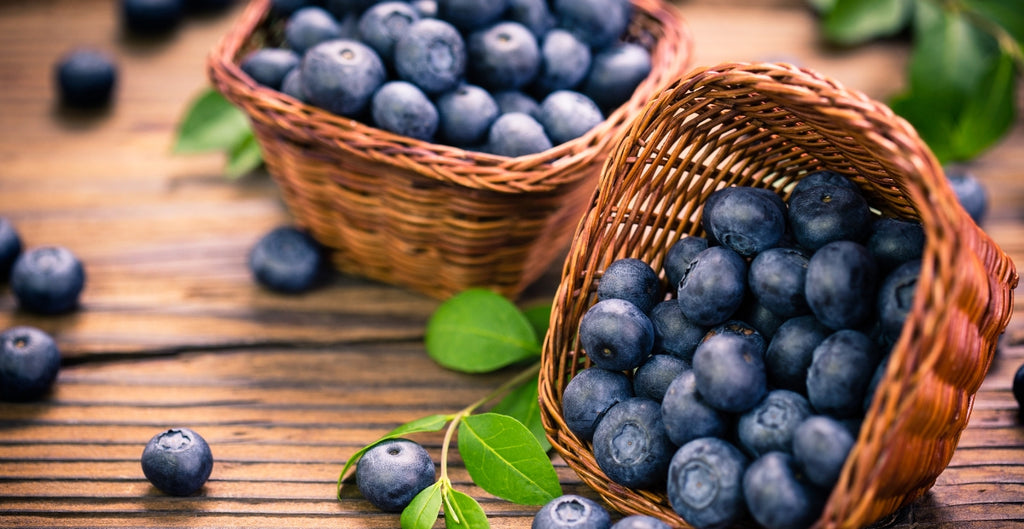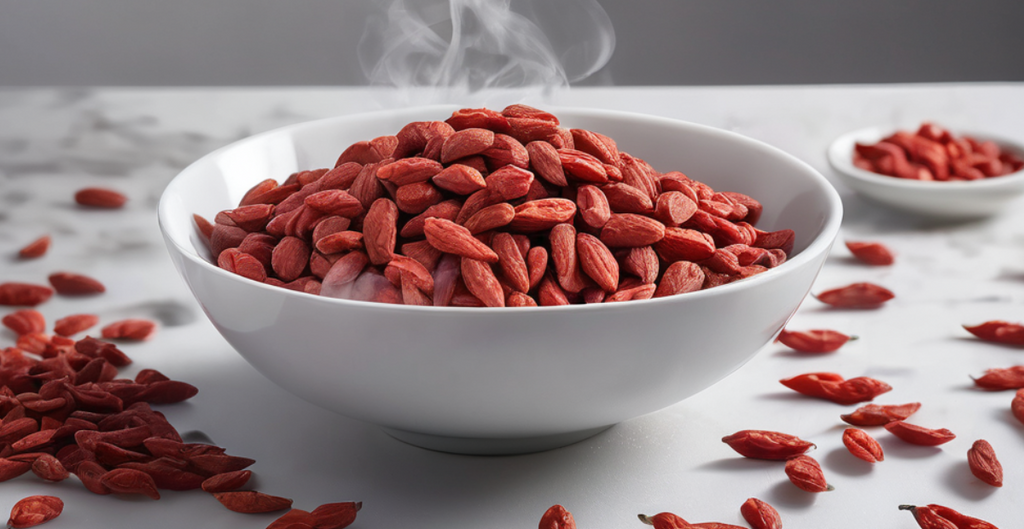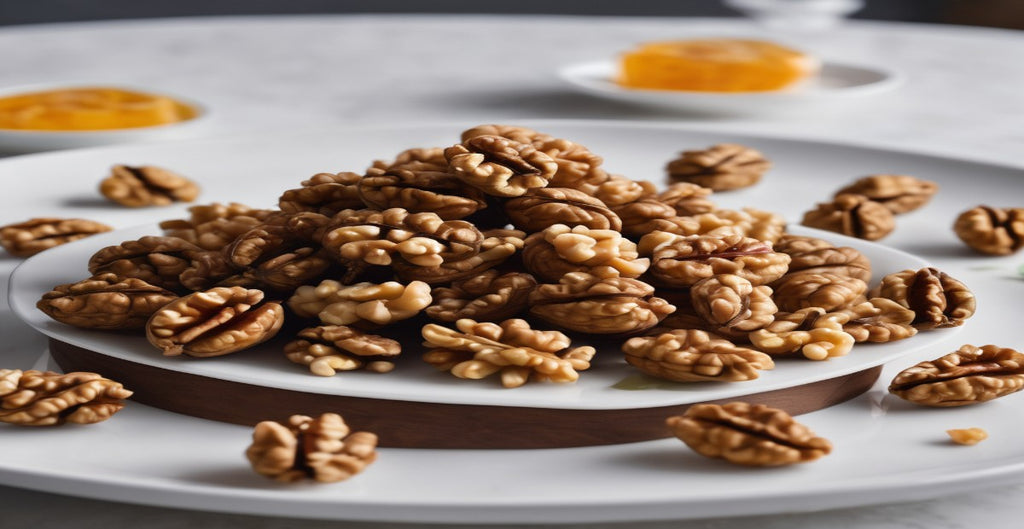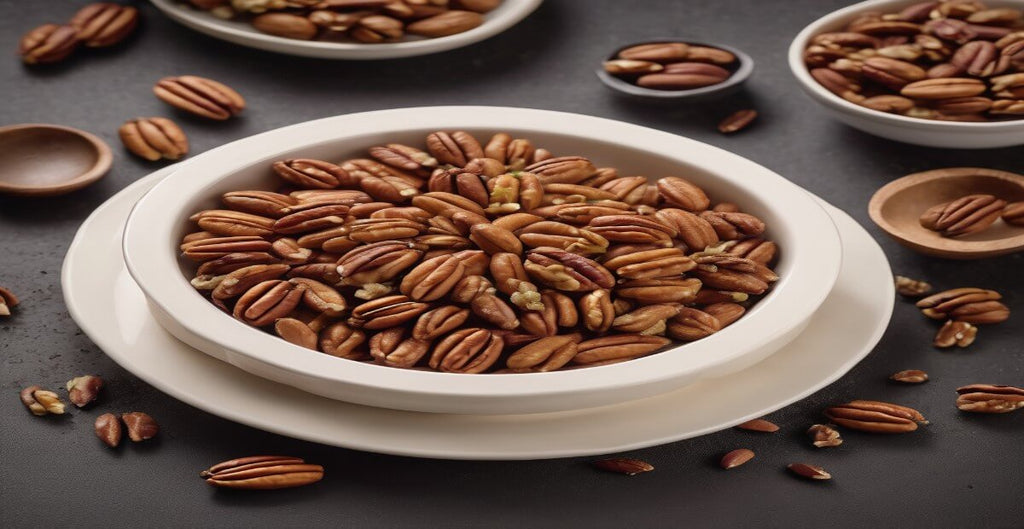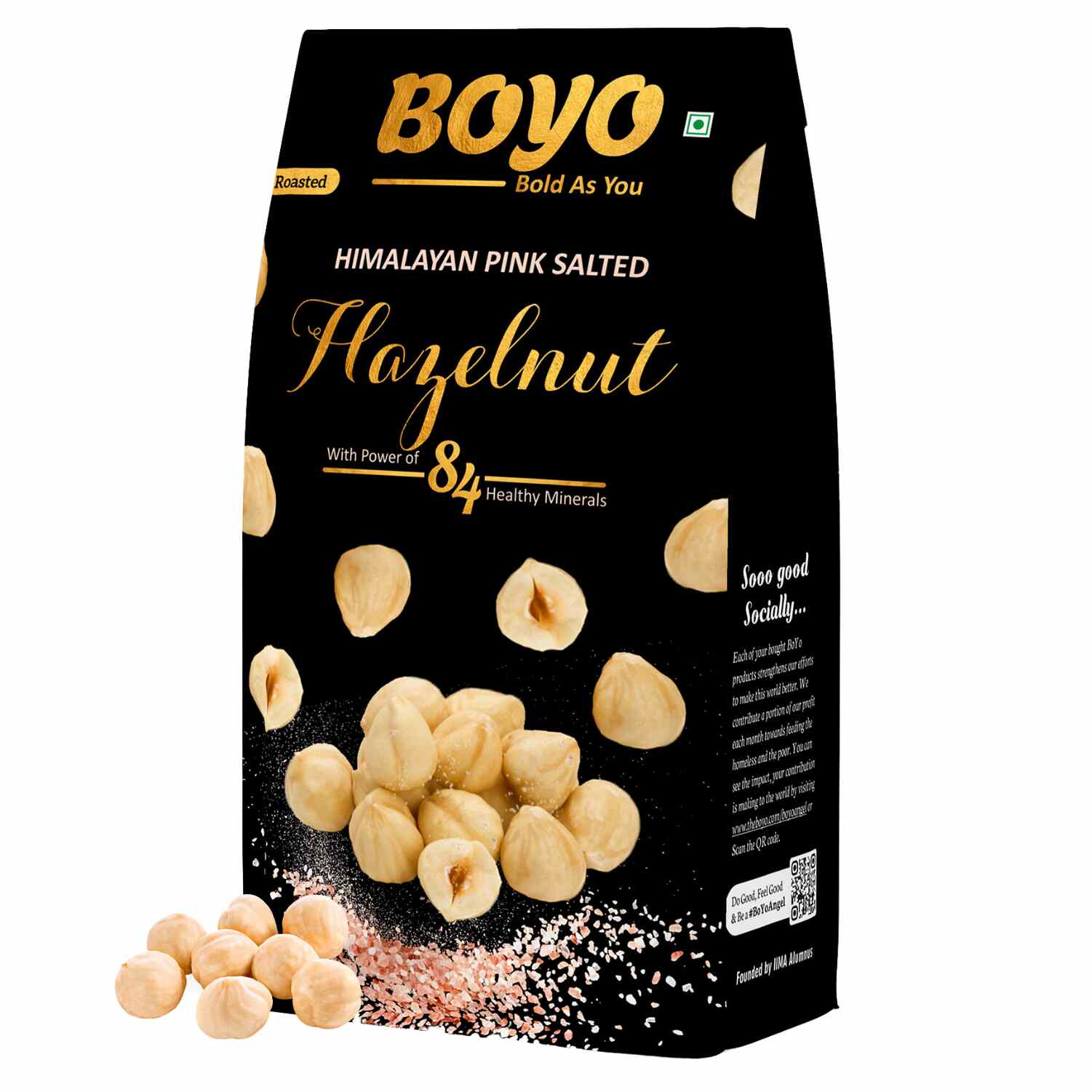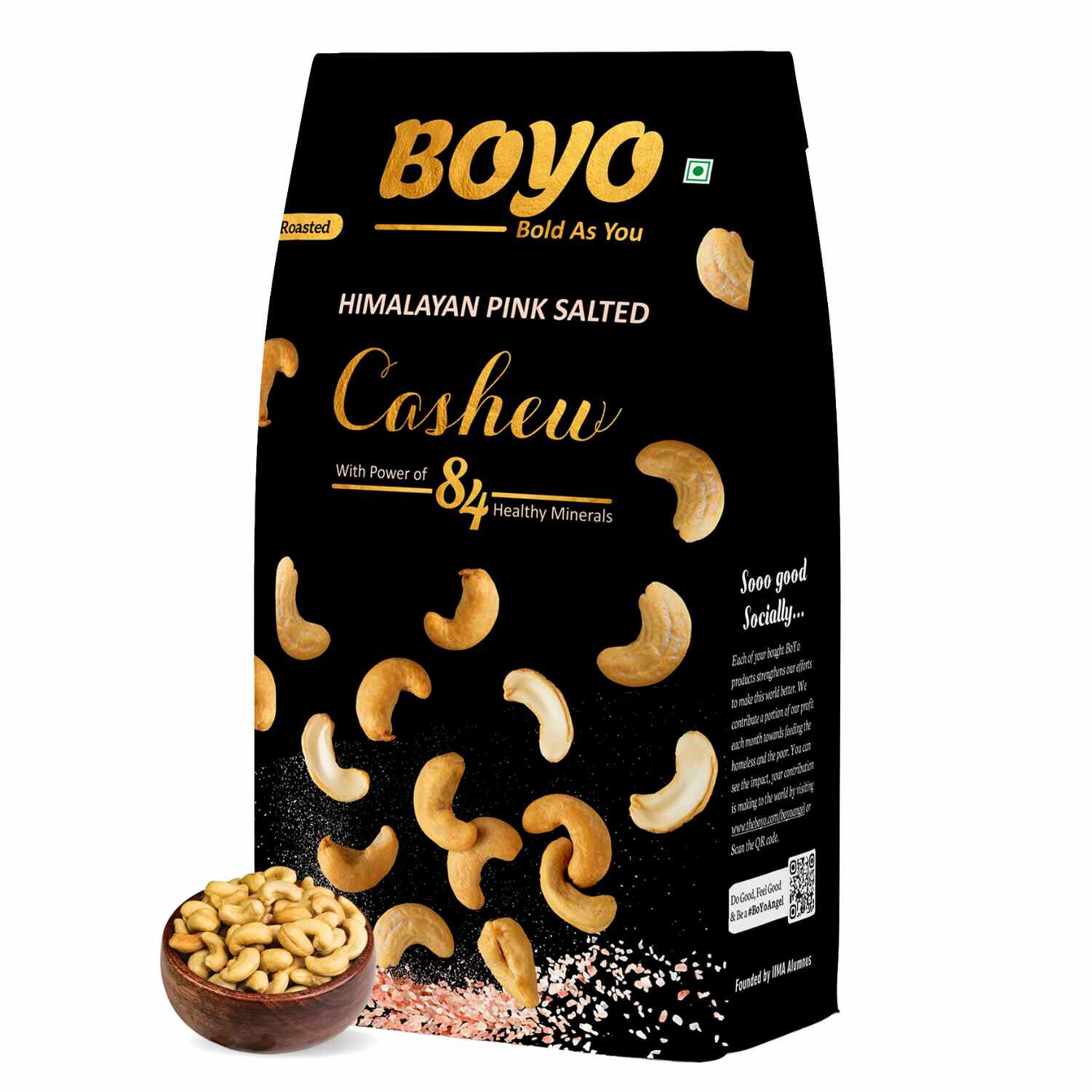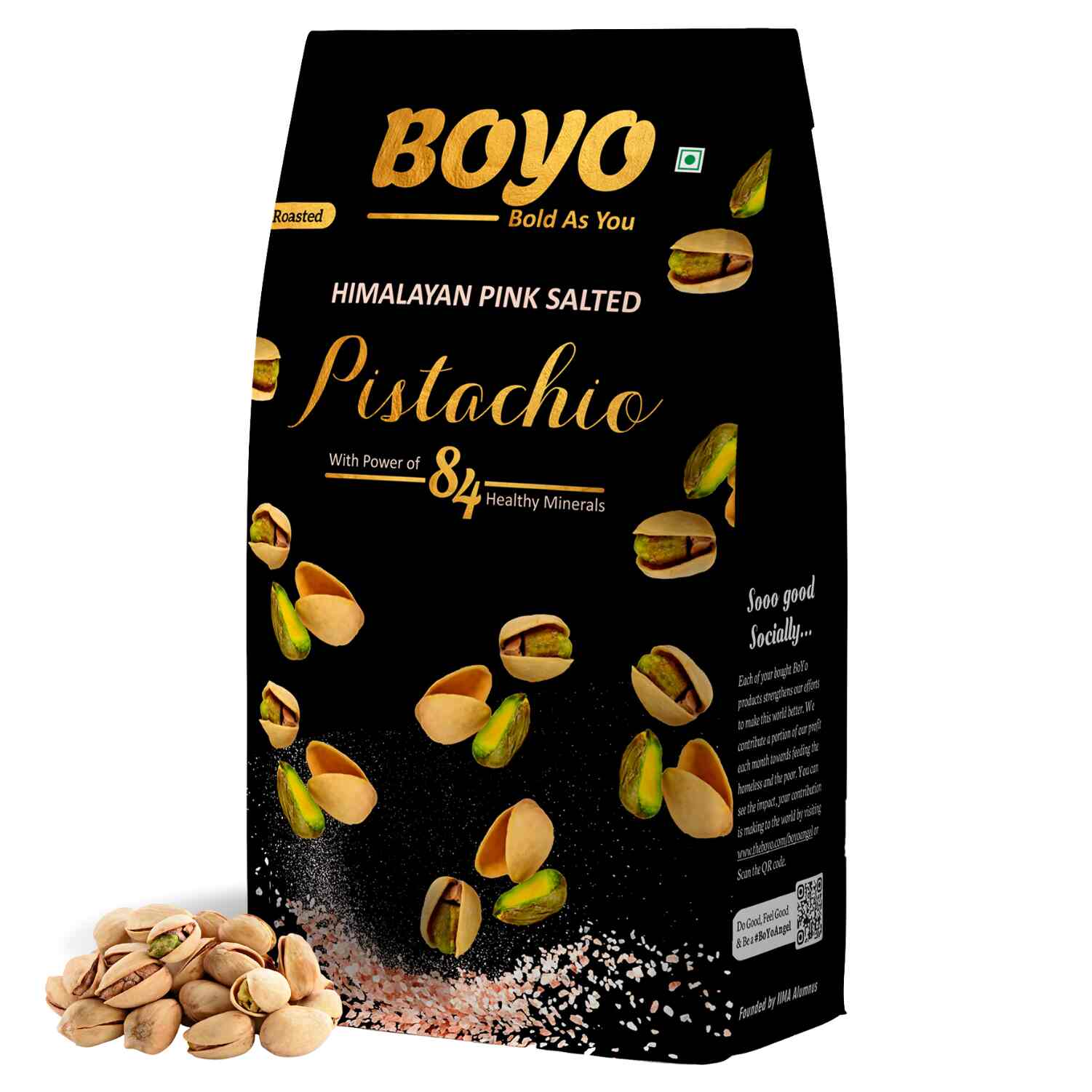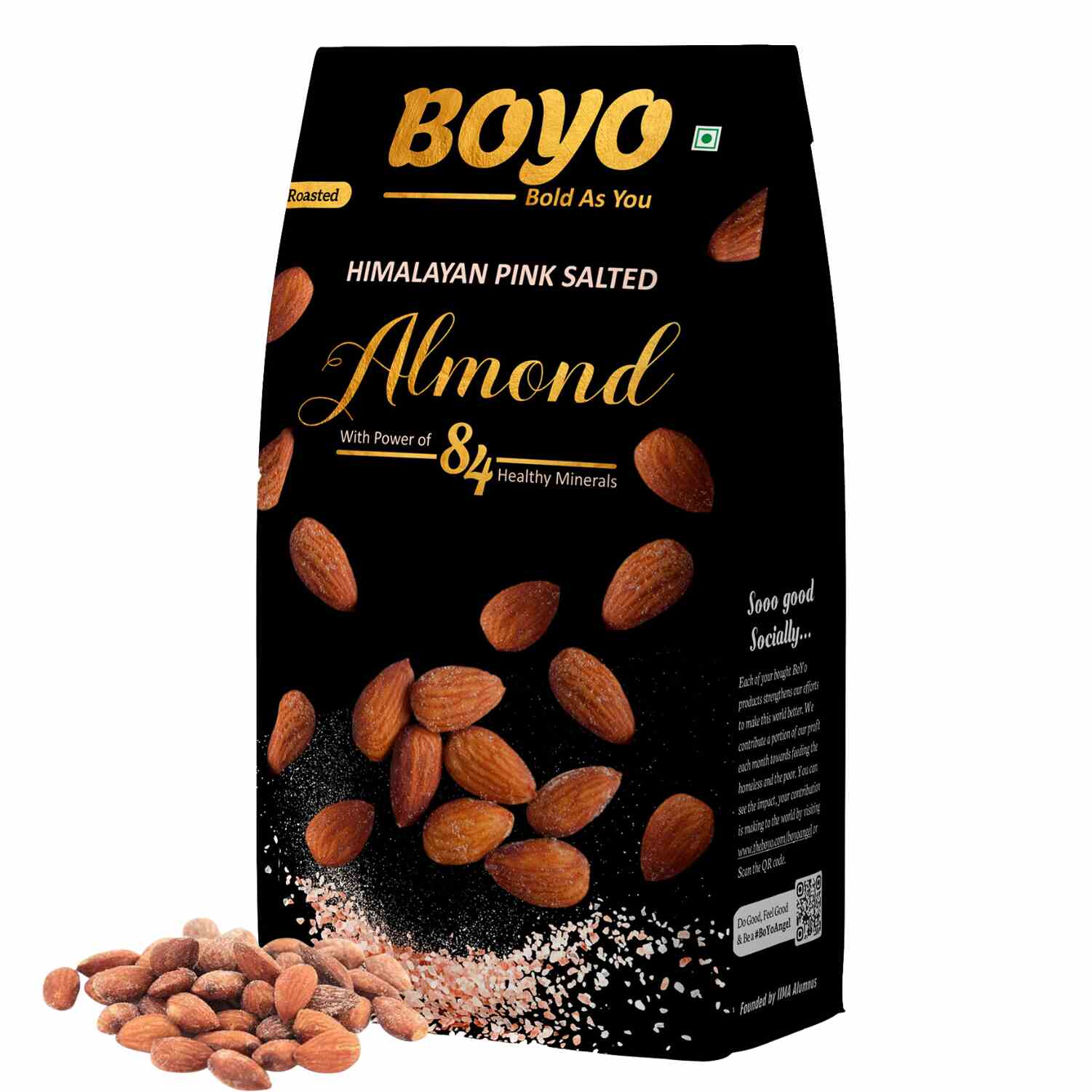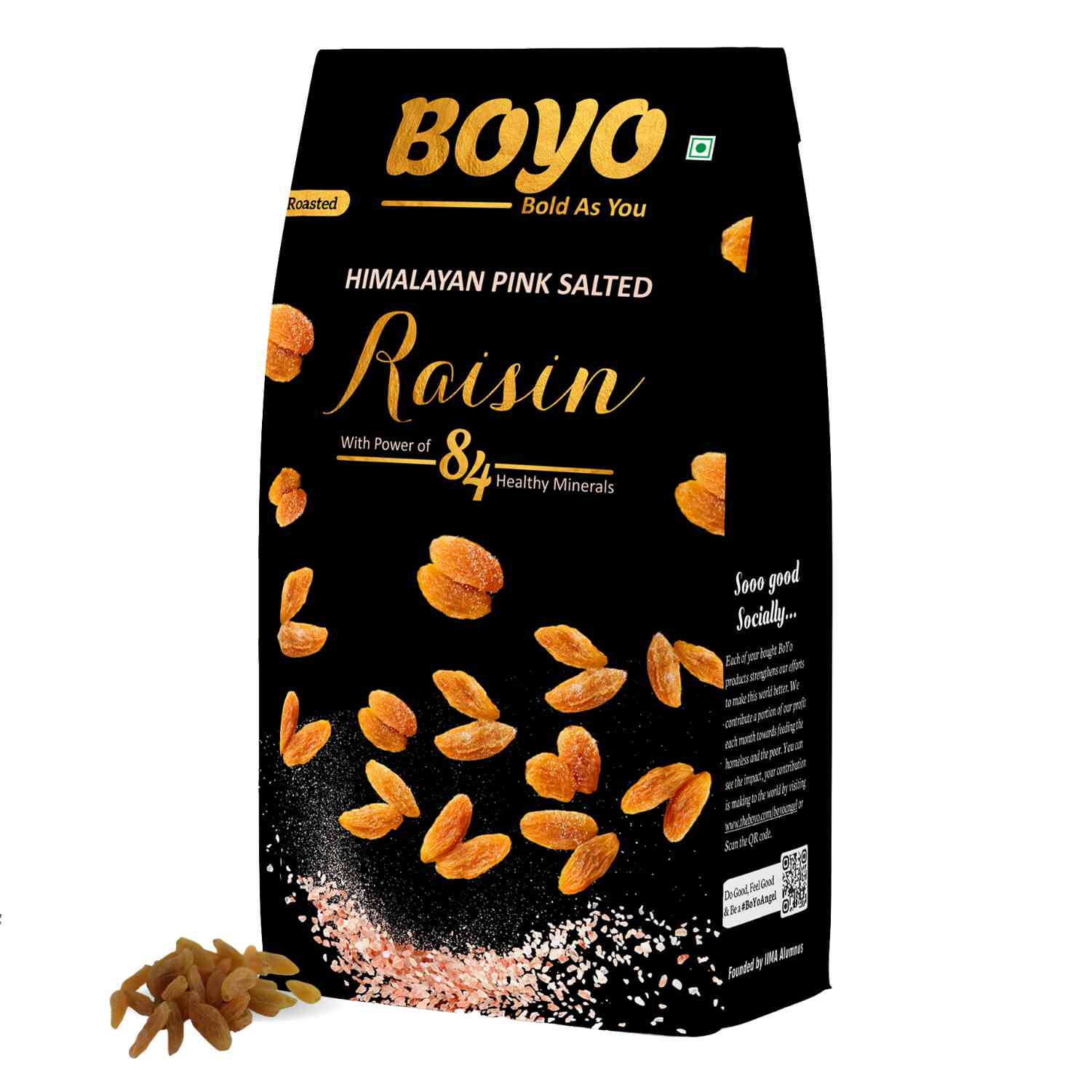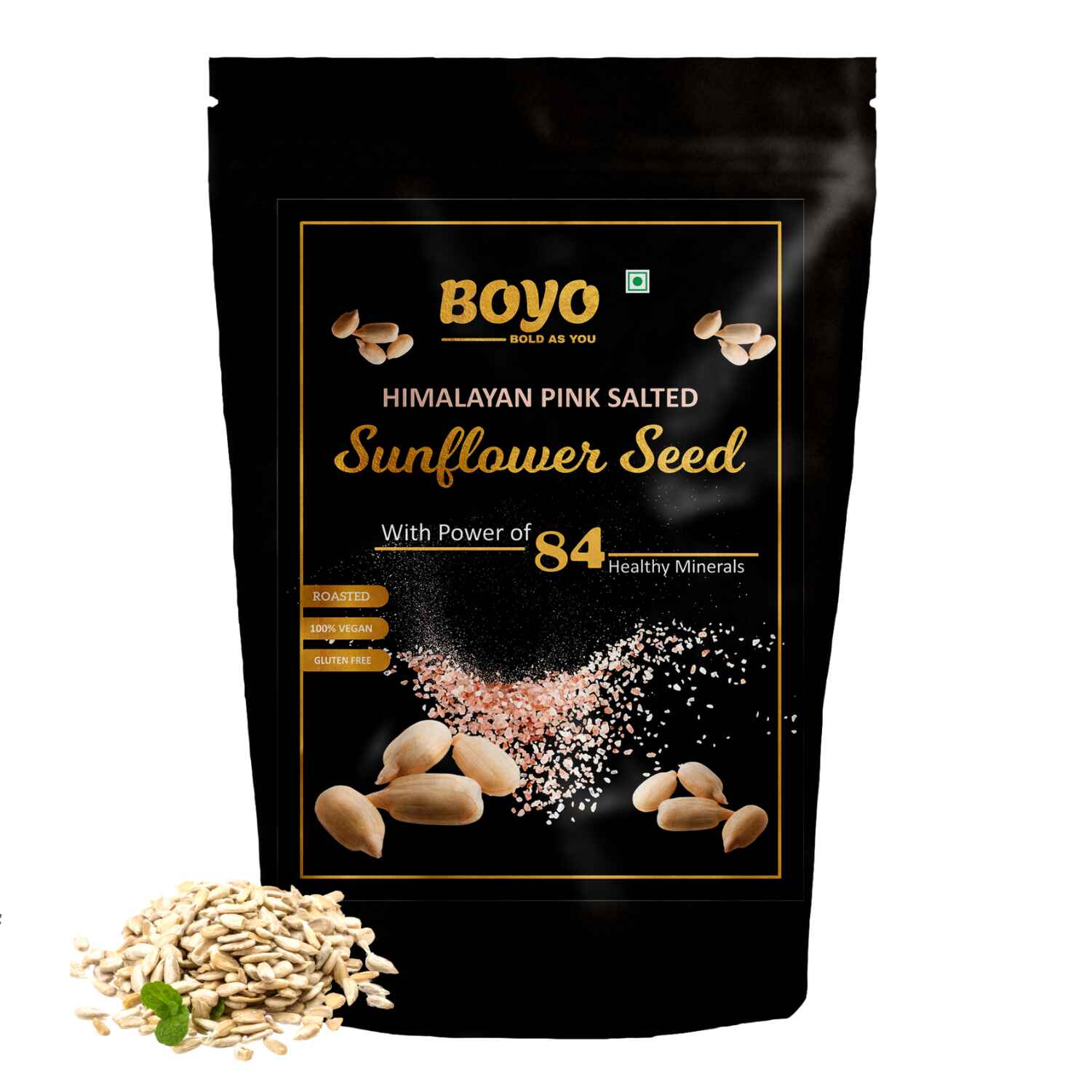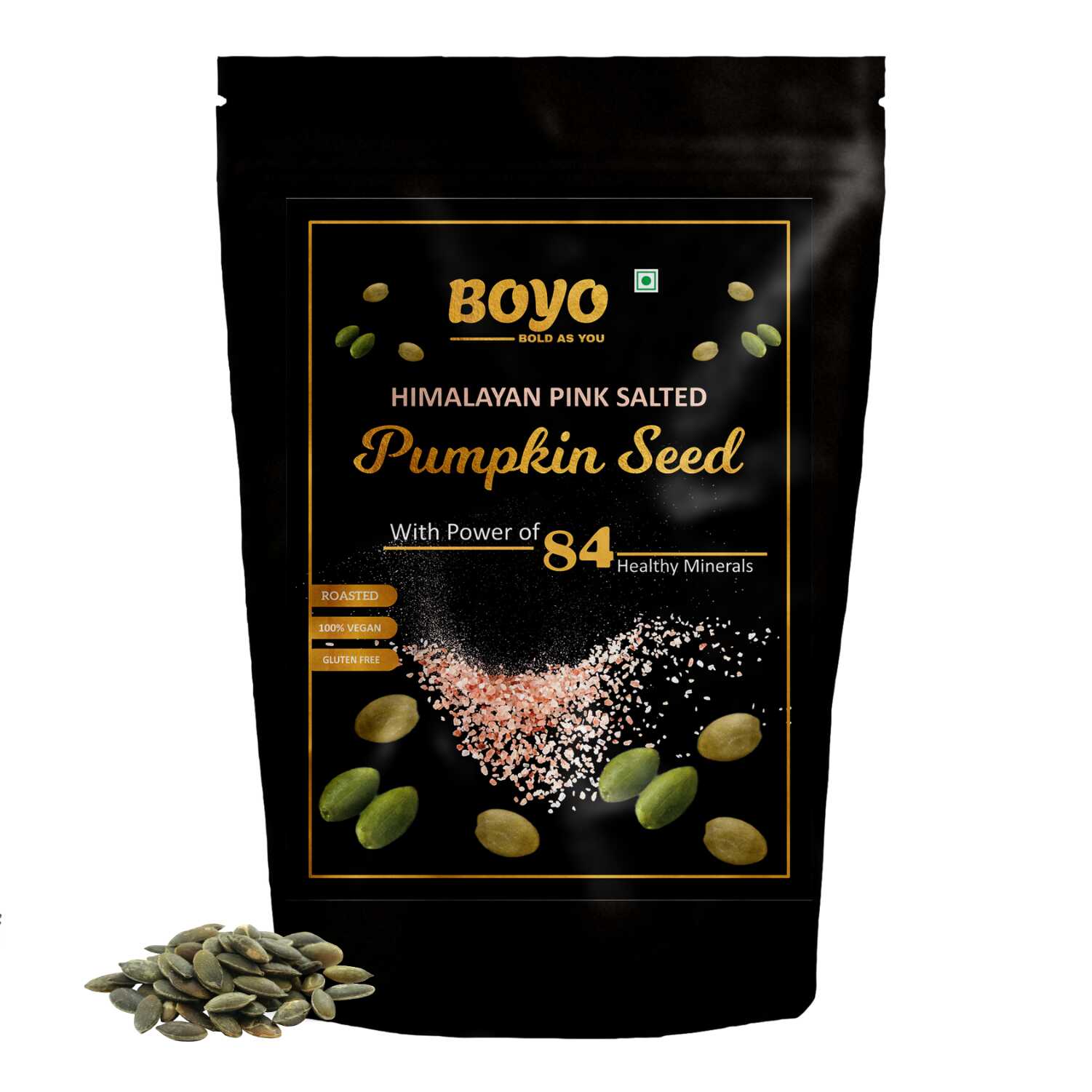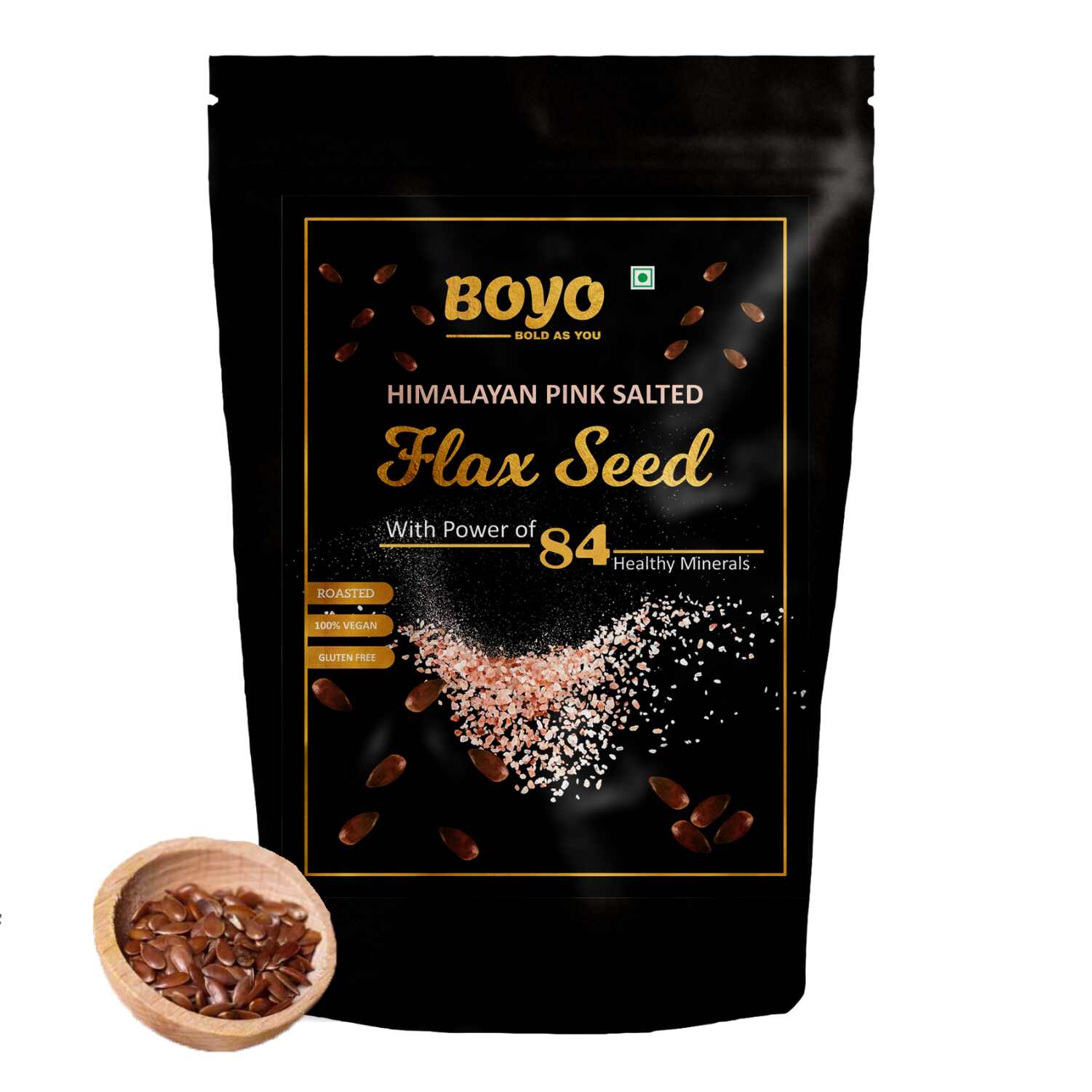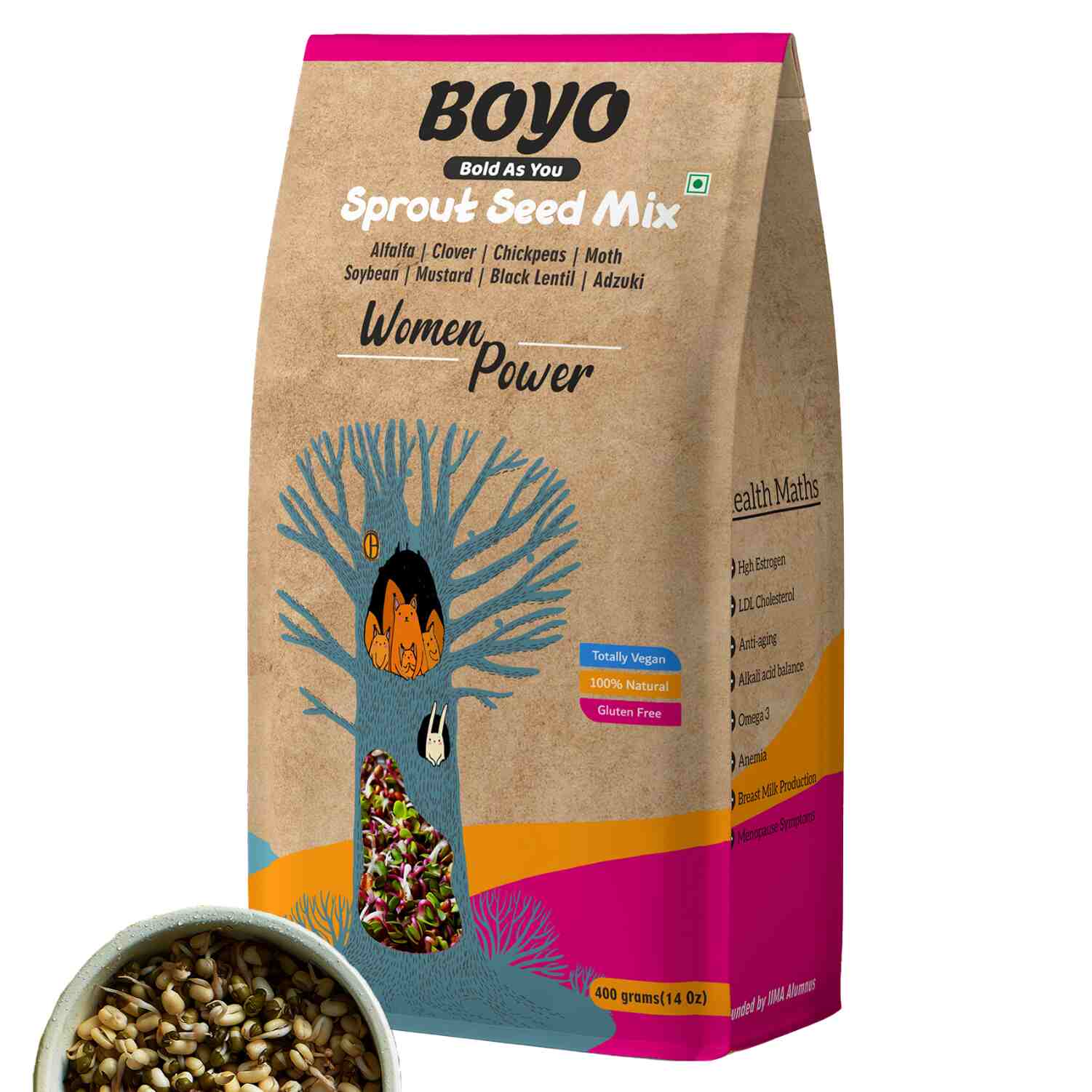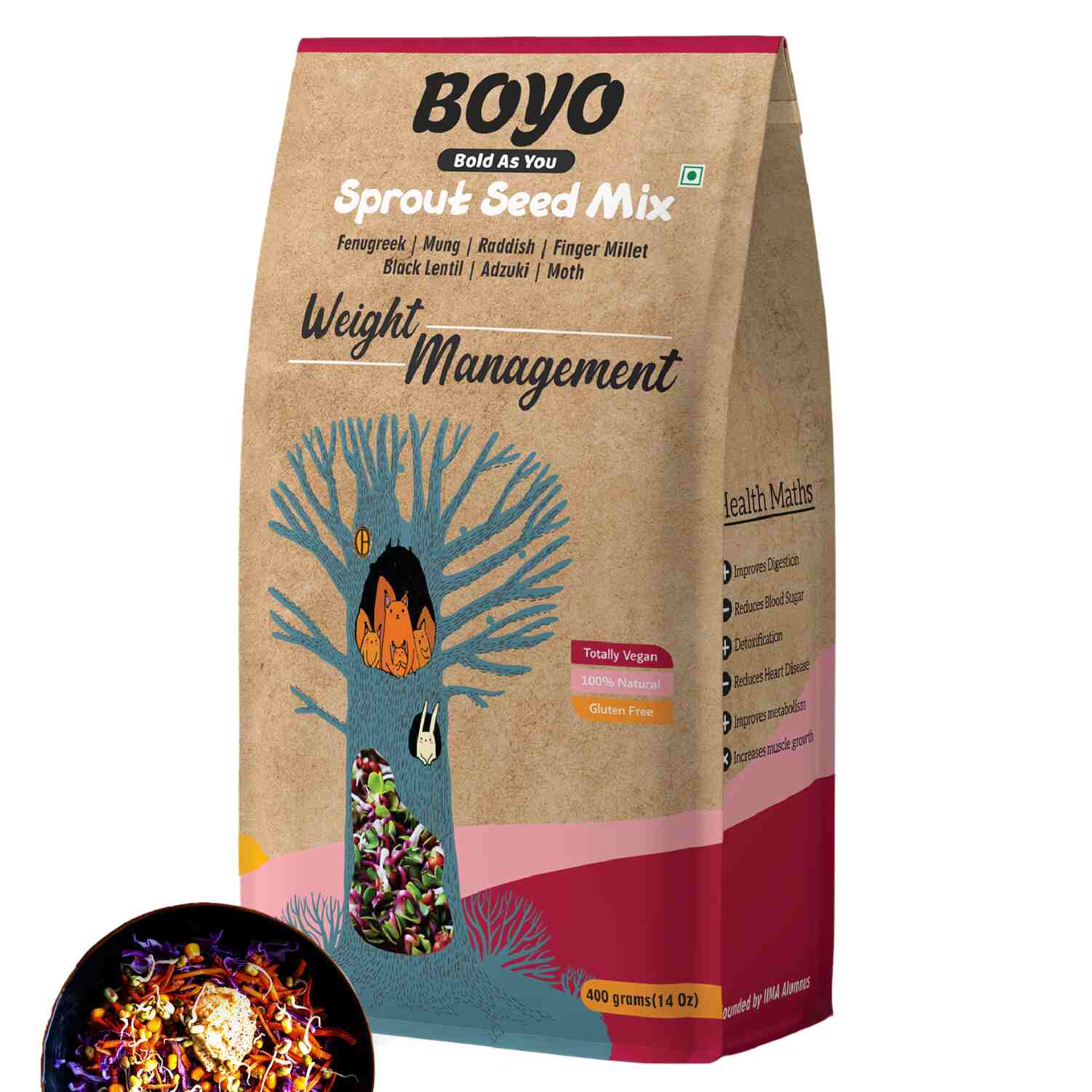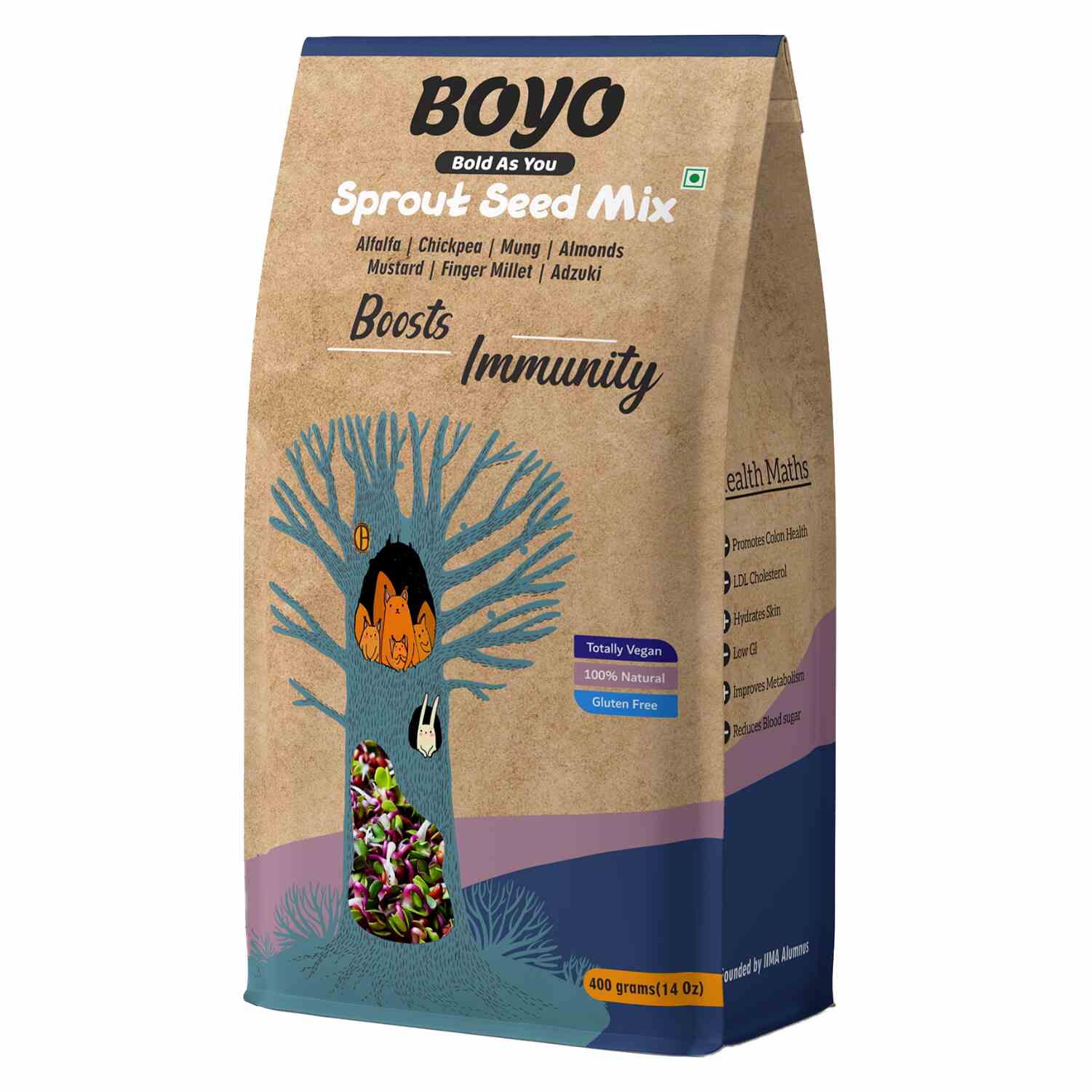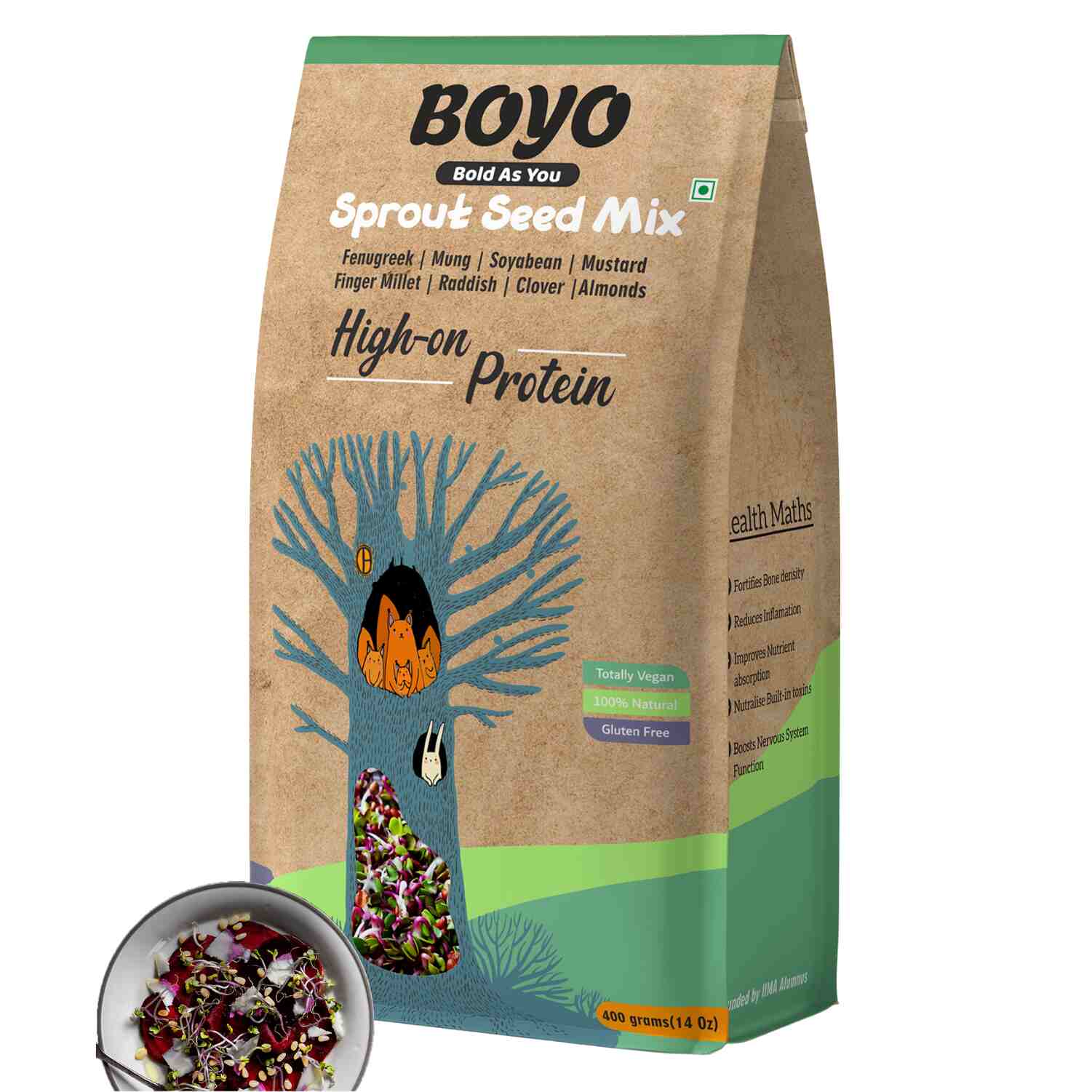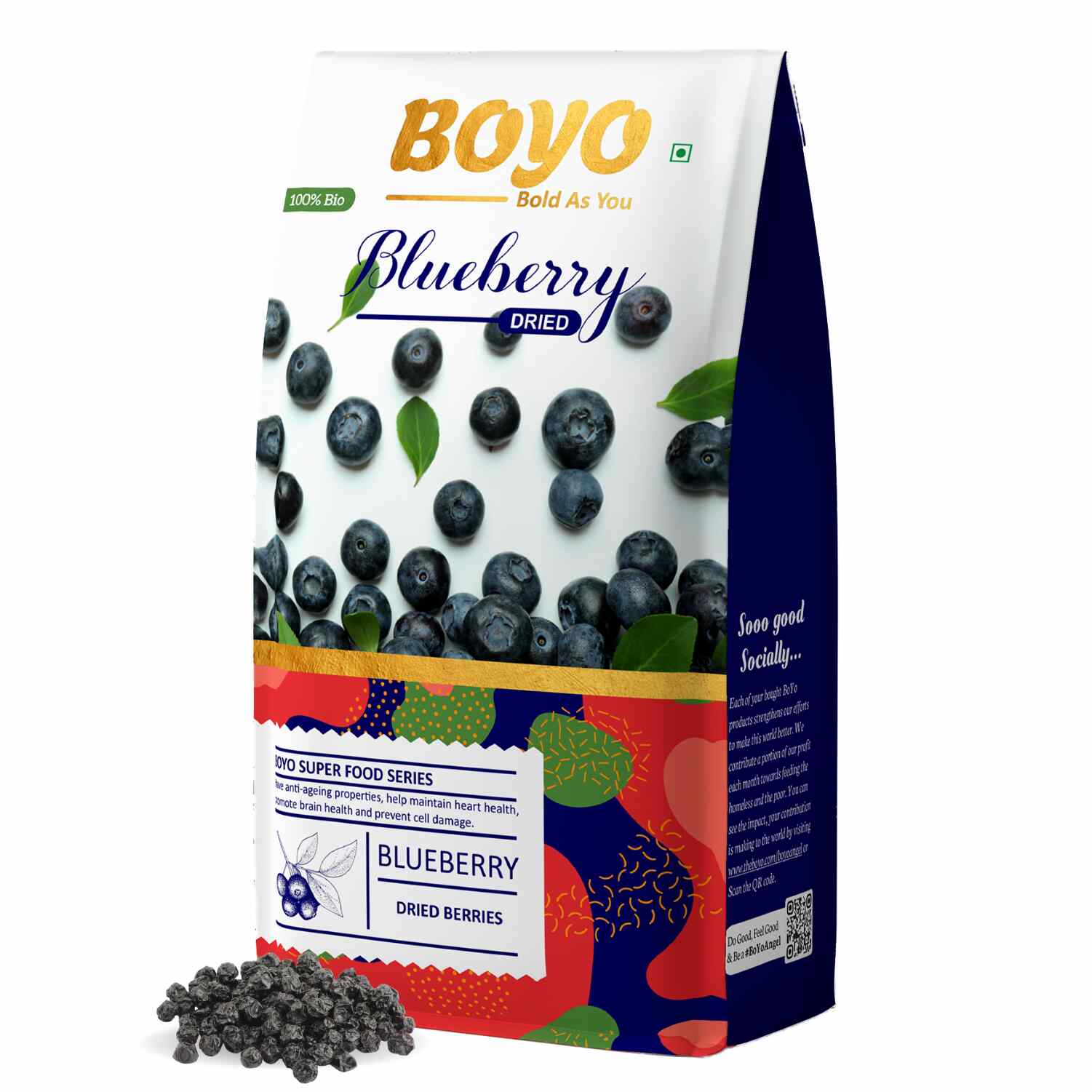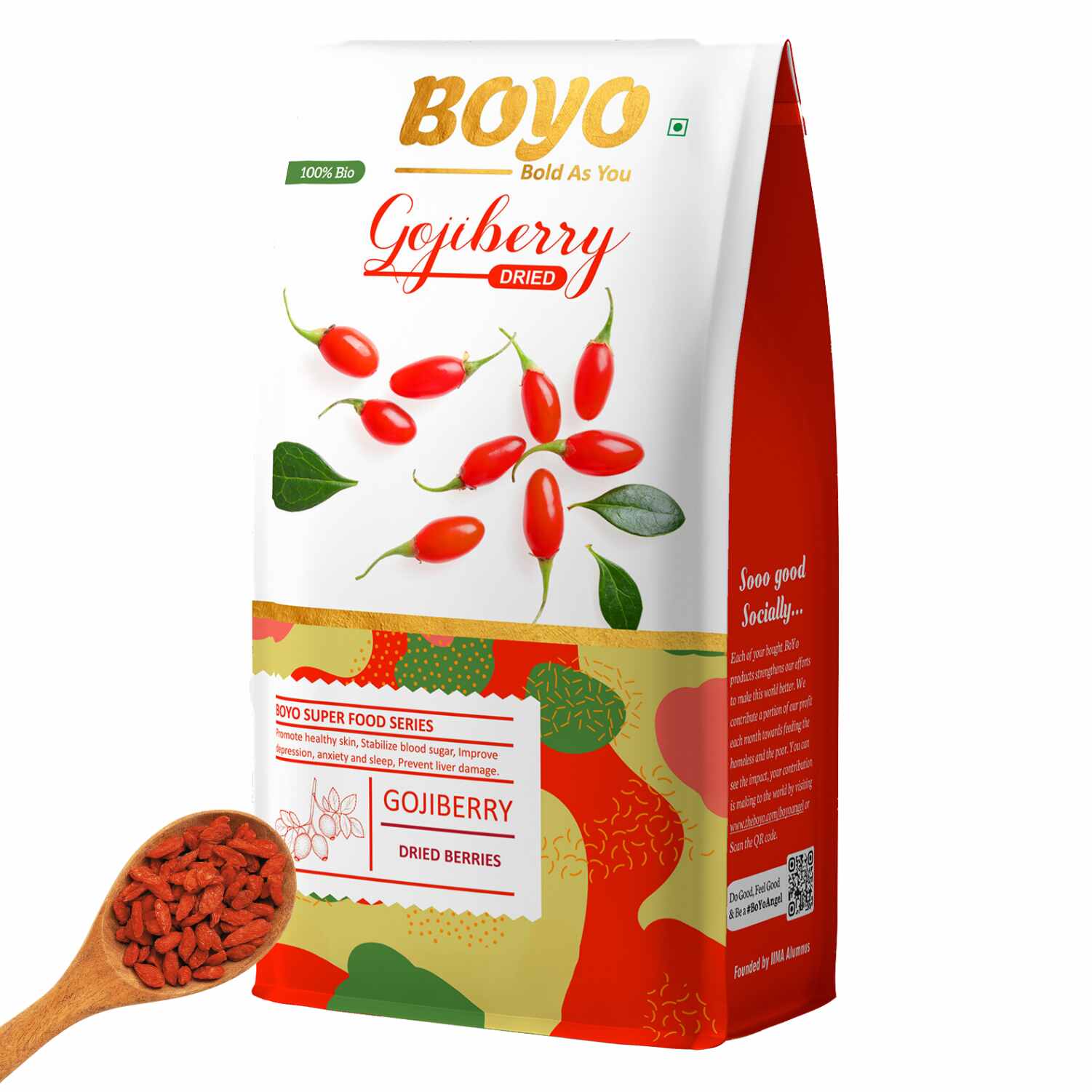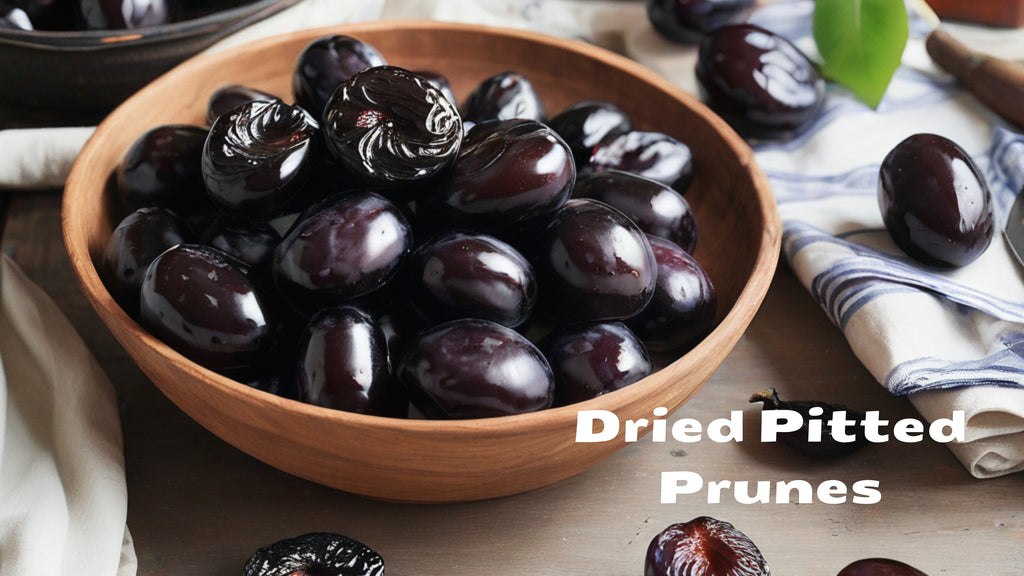
Prunes Health Benefits: How many prunes I have to EAT in a day?

How many prunes should I eat a day?
How many prunes should I have to in a day? researchers recommend that you have to consume 100 grams (between 9 and 10 prunes) a day. If you are concerned about weight gain or you are on a low carbohydrate diet, then you can reduce your daily dose to 50 grams.
The Nutritional Profile of Prunes
When it comes to nutrition, prunes offer a range of beneficial elements. Let's take a closer look at the key nutritional components found in prunes:
|
Nutrient |
Amount per Serving |
|
Calories |
104 |
|
Fiber |
3g |
|
Vitamins |
Vitamin K |
|
Minerals |
Potassium Copper Manganese |
Prunes are relatively low in calories, with one serving containing 104 calories. Additionally, prunes are an excellent source of dietary fiber, providing 3 grams per serving.
Furthermore, prunes are packed with essential vitamins and minerals. They contain vitamin K, which contributes to the healthy functioning of the blood clotting system. Prunes are also rich in potassium, copper, and manganese, which are important for maintaining overall health and well being.
By incorporating prunes into your diet, you can enjoy their nutritional benefits while satisfying your taste buds. The next section will delve deeper into the specific health benefits associated with prunes, from supporting digestive health to providing antioxidant protection.
Health Benefits of Prunes
Prunes offer several health benefits that make them a valuable addition to a balanced diet.
Promotes Digestive Health
Prunes are rich in fiber, which plays a crucial role in supporting digestive health. The high fiber content helps promote regular bowel movements, alleviate constipation, and increase stool frequency. By adding prunes to your diet, you can help maintain a healthy digestive system.
Boosts Bone Health
Prunes are not only beneficial for your digestive system but also for your bones. Research suggests that prunes may help improve bone health by preventing bone loss, increasing bone mineral density, and improving indicators of bone turnover. Including prunes in your diet can provide you with essential nutrients that support strong and healthy bones.
Provides Antioxidant Protection
Prunes contain antioxidants, such as neochlorogenic and chlorogenic acids, which offer protective benefits for your body. These antioxidants help lower blood glucose and LDL cholesterol levels while shielding your cells from damage caused by harmful free radicals. Including prunes in your daily routine can have a positive impact on your overall well-being.
Promotes a Healthy Gut Microbiome
Research suggests that prunes may support a healthy gut microbiome due to their fiber content and other beneficial compounds. By nourishing your gut microbiome with prunes, you can contribute to better digestion and overall gut health.
To fully grasp the nutritional benefits of prunes, let's take a closer look at their key components:
|
Nutrient |
Amount per 100gm |
|
Calories |
264.4 Kcal |
|
Total Fat |
0.4 g |
|
Saturated Fat |
0.1 g |
|
Monounsaturated Fat |
0.1 g |
|
Polyunsaturated Fat |
0.1 g |
|
Cholesterol |
0 mg |
| Sodium | 2 mg |
| Carbohydrate | 64 mg |
| Dietary Fiber | 7.1 g |
| Sugar | 38 g |
| Protein | 2.2 g |
As you can see from the table above, prunes are relatively low in calories but packed with fiber and important vitamins and minerals. Incorporating prunes into your diet can provide you with essential nutrients that support your overall well-being.
In the next section, we will explore the potential effects of prunes on blood pressure regulation and cardiovascular health.
Prunes and Blood Pressure Regulation
Consumption of prunes has been linked to potential blood pressure reduction. Research has shown that including prunes in your diet can have a positive impact on blood pressure levels. In fact, a study found that individuals who consumed prunes daily experienced a significant decrease in their blood pressure readings.
However, it is believed that the fiber, antioxidants, and other beneficial compounds present in prunes play a role in regulating blood pressure.
Prunes are naturally high in fiber, which has been shown to have blood pressure-lowering properties. Fiber helps regulate blood pressure by promoting heart-healthy habits such as maintaining a healthy weight, reducing cholesterol levels, and improving overall cardiovascular health.
In addition, prunes are packed with antioxidants that can help protect the cardiovascular system. These antioxidants work by reducing oxidative stress and inflammation, which are key contributors to high blood pressure and other cardiovascular diseases.
To further understand the impact of prunes on blood pressure, more research is needed. However, the existing evidence suggests that incorporating prunes into a balanced diet can be a natural and delicious way to support your cardiovascular health and help maintain healthy blood pressure levels.
Prunes and their Potential Effects on Blood Pressure
|
Effect of Prunes on Blood Pressure |
Summary |
|
Lower Blood Pressure |
Regular consumption of prunes has been associated with a significant decrease in blood pressure levels. |
|
Regulates Blood Pressure |
The fiber and antioxidants present in prunes may help regulate blood pressure and improve overall cardiovascular health. |
|
Reduces Oxidative Stress |
The antioxidants in prunes can help reduce oxidative stress, which is a major contributor to high blood pressure. |
|
Inflammation Reduction |
Prunes' antioxidant properties help reduce inflammation, which can contribute to hypertension. |
While prunes show promise in supporting blood pressure regulation, it is important to note that they should not replace prescribed medication or other medical interventions. Always consult with a healthcare professional before making any significant changes to your diet or if you have pre-existing conditions such as hypertension.
Conclusion
Prunes, also known as dried plums, are more than just a tasty snack. Firstly, prunes provide support for digestive health. With their high fiber content, prunes can promote regular bowel movements and ease constipation, making them a natural laxative. Additionally, prunes contain antioxidants that protect cells from damage and contribute to overall well-being.
Furthermore, prunes aren't just good for your digestive system - they also support bone health. Research suggests that consuming prunes can help prevent bone loss, improve bone mineral density, and enhance indicators of bone turnover. This is especially beneficial for individuals at risk of osteoporosis or those looking to maintain strong bones as they age.
In addition to these benefits, prunes may also play a role in regulating blood sugar levels and reducing the risk of developing hypertension. With their natural sweetness and high fiber content, prunes can help stabilize blood sugar levels, making them a great option for individuals with diabetes. Furthermore, studies have found that regular consumption of prunes may lead to a reduction in blood pressure, although further research is needed to understand the exact mechanisms behind this effect.
To enjoy the benefits of prunes, it's important to consume them in moderation. While prunes offer numerous advantages, excessive consumption can lead to potential risks such as diarrhea and gastrointestinal distress. Therefore, it's best to consult with a healthcare professional before making any significant changes to your diet or if you have specific health concerns or conditions.
FAQ
Q1. What are prunes?
Ans. Prunes, also known as dried plums, are deep red-brown, chewy fruits with a savory-sweet flavor.
Q2. How long do prunes last?
Ans. Prunes can last in the pantry for up to 6 months and in the fridge for up to a year.
Q3. Can prune juice be included in a balanced diet?
Ans. In moderation, prune juice can be a healthy addition to a balanced diet, providing nutrients and supporting digestive health.
Q4. What vitamins and minerals do prunes contain?
Ans. Prunes contain important vitamins and minerals, including potassium, vitamin K, copper, and manganese.
Q5. What are the health benefits of prunes?
Ans. Prunes offer several health benefits, including improved digestive health, support for bone health, antioxidant protection, and promotion of a healthy gut microbiome.


